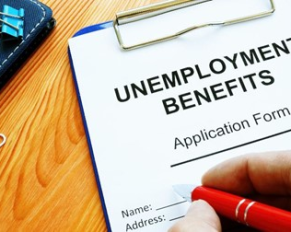By: Ty Hyderally, Esq. and Francine Foner, Esq. If you believe that you are being subjected to harassment, discrimination or…


By: Ty Hyderally, Esq. and Francine Foner, Esq. If you believe that you are being subjected to harassment, discrimination or…

By: Jennifer Weitz, Esq. and Ty Hyderally All employees in the state of New York have a comprehensive law that…

By: Ty Hyderally, Esq. and Francine Foner, Esq. What are non-competes? Employers often require employees to sign a “non-compete” agreement,…

By: Jennifer Vorih, Esq., and Ty Hyderally, Esq. Since 2020, thousands of American companies successfully adopted remote work and are…

By: Ty Hyderally, Esq., and Jennifer Vorih, Esq. If you find yourself in a difficult situation at work keep these things…

Whistleblower Protection New York By: Ty Hyderally, Esq., and Francine Foner, Esq. In December of 2021, New York signed a…

How to build fairer and more equitable workplaces By: Ashley A. Smith, Esq. and Ty Hyderally, Esq. This year we…

Employer Changes Company Policy By: Ashley A. Smith, Esq. and Ty Hyderally, Esq. When an employer changes a company policy,…

“Anti-Work” By: Ashley A. Smith, Esq. and Ty Hyderally, Esq. Today you can find conversation threads for just about any…

By: Ashley Smith, Esq., Aaron Schoenfeld and Ty Hyderally, Esq. It started with just one store. This past December, “workers at a Starbucks…